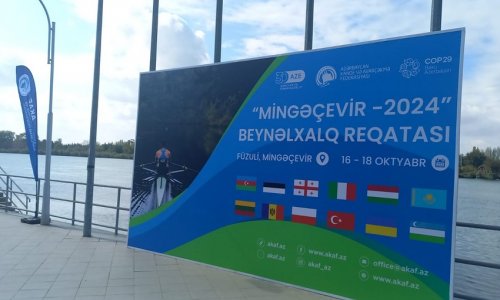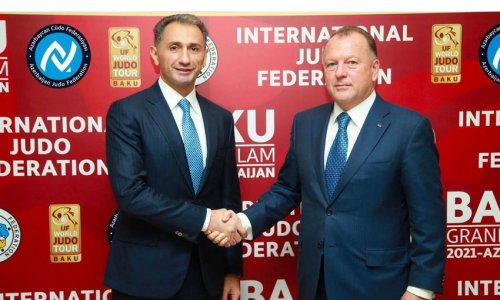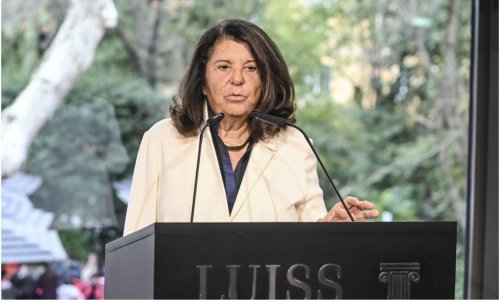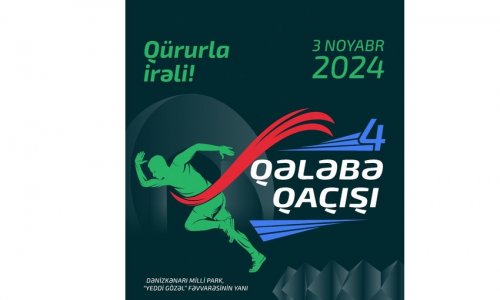Here are 10 things every supporter should know about visiting the country - and one for those left behind.CostsMuch has been made about the costs of accommodation ahead of the tournament.Hotels in the main cities - Sao Paulo and Rio in particular - are expensive and reports have shown dramatic increases in the cost of accommodation during the tournament.Fans will also have to contend with the already high cost of living in some cities - Sao Paulo being ranked the 19th most expensive city in the world recently.British Ambassador to Brazil Alex Ellis says: "Some visitors to Brazil are surprised by how expensive it can be."One survey has suggested that a pint of beer could cost as much as £21 in some parts of the country during the World Cup.A Caipirinha - the Brazilian cocktail - can cost as much as £9 in some bars.But the same survey suggested that considerable savings could be made by sticking to local products and going to the right bars.For example, in some bars local beer can cost as little as £1 it adds, and Caipirinhas can be found for £1.50.Getting aroundFifa secretary general Jerome Vaclke admitted on Friday that fans will face "challenges" at the World Cup - not least because of the vast distances between some host cities."Don't just turn up thinking it is in Germany, that it's easy to move around the country," he told Reuters.Manaus, for example, where England play their opening game against Italy, is 2,360 miles from Sao Paulo by road - a journey roughly equivalent to driving from London to the south of Turkey. That drive would take more than two days.Internal flights are a quicker way to get between cities. But as time progresses many are increasingly expensive.For shorter journeys, there are dozens of bus companies available. According to travel guide Lonely Planet, standards are high and you can usually find a non-stop service.But there is a danger of disruption during protests and other periods of unrest.Car travel is another option, but one that should be thought through beforehand.Many roads in rural areas are poor quality, according to the Foreign and Commonwealth Office (FCO), and there is a high accident rate. Carjacking is common and the FCO urges against travel in poorly lit areas.Train travel is limited in the country, FCO advice adds.Health warningsEngland's game against Italy is at the tournament's most remote stadium, on the edge of the Amazon rainforest.Manaus is an identified "at risk" area for both Malaria and Yellow Fever. Both are spread by mosquitoes and can ultimately kill.Supporters travelling to the area have been urged by Public Health England to contact their doctor and arrange for a yellow fever vaccination and to take antimalarial tablets.Dr Lisa Ford, from Liverpool School of Tropical Medicine, recommends all fans travelling to the tournament seek health advice a minimum of four to six weeks before they travel."Last minute consultations are still worthwhile," she adds.There is also a risk of dengue fever - again spread by mosquitoes.There is no vaccine for the fever, so all fans can do is avoid bites through measures such as using insect repellents and sleeping under a mosquito net.ClimateThe climate in Brazil varies vastly between different areas.Manaus, for example, is warm and humid. Temperatures in the region reach 30C, while humidity is about 80%. There is a 40% chance of thunderstorms in July.Before the World Cup, Hodgson described Manaus as "the place to avoid" because of its climate.Forecasters have also warned there is a 60% chance of an El Nino, which could cause extremely dry and sunny weather.Sao Paulo is expected to see high temperatures of around 20C, while Belo Horizonte is likely to see a peak of around 25C (June and July are the coolest months of the year).The BBC has a produced a guide to each stadium and the local climate here.CrimeCity of God, the film set in a Rio slum, helped bring the country's relationship with violence to international attention. (The BBC's Donna Bowater wrote a piece about how very little has changed since the film was released).In cities such as Rio and Sao Paulo, crime levels are high.Between January and March 2014, 1,459 homicides were recorded in Rio alone - a 22% increase from the same period the previous year, according to the Office of Public Safety.Street robberies are also a problem in the city - with 23,675 in the first three months of this year, a 46.2% hike on the same period in 2013. There have been recent incidents of police being attacked by suspected gangs.According to the US Department of State's 2014 report on Sao Paulo, the risks are critical. Much of the criminal activity revolves around gangs and other organised crime groups, with all neighbourhoods "susceptible to crime".There have been significant efforts to make the country safe for the World Cup.Around 170,000 officers are expected to be on hand to ensure security in the 12 host cities. President Dilma Rousseff said earlier this year that she was prepared to deploy the military if needed.Nevertheless, the FCO urges caution. Tourists are urged to remain vigilant, not to wear expensive clothes and jewellery and to avoid carrying large sums of cash.FavelasBrazil's favelas - shanty towns - are based in urban centres.The majority are in and around Rio. The city's Rocinha favela is close to the the Royal Tulip - a luxury hotel where England's players will be based during the tournament.They are also be found in Sao Paulo, Pernambuco and other areas.This year, there have been some notable incidents in and around favelas. In April, deadly protests broke out following the death of a man allegedly beaten by police.Police have been seeking to make them less dangerous through a process known as pacification. In March and April, some of Rio's most notorious slums were in effect invaded by the military, who are expected to remain in some of them throughout the tournament.Organised trips to visit the favelas are available, but the FCO warns that they are "unpredictably dangerous" even as part of a tour group. Those who do decide to take a trip are urged to "be alert and make sure you are aware of local conditions at all times".ProtestsDuring last year's Confederations Cup (a warm-up for the World Cup), protests were held in cities around the country.Initially, they focused on a rise in transport fares. But they spread to cover a variety of grievances against the government.One source of anger was the cost of hosting the World Cup. Demonstrators tried to storm the Brazilian Football Association building in Rio, whilst thousands marched on the Maracana Stadium ahead of the final between Brazil and Spain. A plea from Brazil legend Pele for calm largely fell on deaf ears.At the peak of the protest, more than a million people took to the streets in more than 100 cities. You can find more on the unrest here.Protests have continued on a smaller scale this year. Some remain unhappy at the amount of public money being spent on the tournament.Organisers of a recent protest in Sao Paulo said they plan to continue their action during the World Cup. Police have insisted they are determined they won't cause significant disruption - but they have also threatened to strike during the tournament.Fan areasEach city has official fan zones, where ticketless supporters can watch games.They will have big screens, food and drink facilities and entertainment.In the cities hosting England games, they can be found at:Manaus - Park Praia da Ponta Negra, on the shore of the Rio Negro river.Sao Paulo - Vale do Anhangabau in the downtown areaBelo Horizonte - Rui Barbosa SquareA full list for other cities is available on the Fifa website.TicketsIn line with previous tournaments, Fifa and the FA oversee ticket sales for supporters. Both have sold their full allocation for all the England games.There is a chance some extra tickets will become available, as fans look to sell tickets they have been allocated thorough Fifa's official website.Fans who have already bought tickets and opted to pick them up once they arrive in the country have a number of options. Ticket offices have been set up in host cities and will be open seven days a week during the tournament.As ever, fans are urged not to buy tickets from unauthorised channels.PassportsIt sounds like an obvious point - Britons travelling to Brazil will need a valid passport to get into the country.But your passport also needs to be valid for six months and you need to have a return ticket to be admitted for a maximum of 90 days.And if you're not going...For fans who don't have thousands of pounds to spend on a trip to Brazil, there will be plenty of ways to get involved at home.All World Cup matches will be televised. The BBC will show England's first match against Italy. ITV will show their other two first round games against Uruguay and Costa Rica.You can find full listings here.Licensing laws have been relaxed so that pubs can stay open until 01:00 BST on days when England matches kick off at 20:00 BST or later.That will mean later opening hours for both the Italy and Uruguay games.And it will be considerably cheaper than attending...(BBC)Bakudaily.az
Brazil 2014: What fans need to know - PHOTO
Sport
19:08 | 12.05.2014
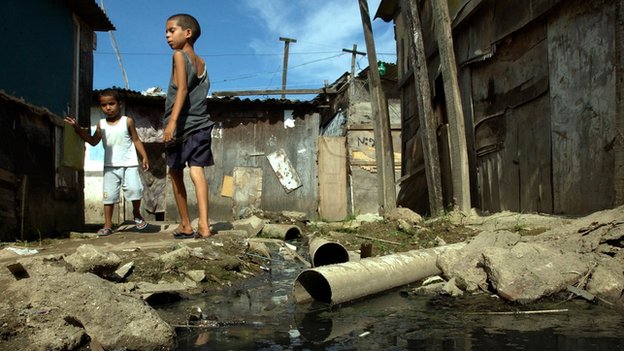
Brazil 2014: What fans need to know - PHOTO
Manager Roy Hodgson is due to announce his England World Cup squad later and thousands of British fans are expected to make the journey to Brazil for the tournament.
Follow us !

